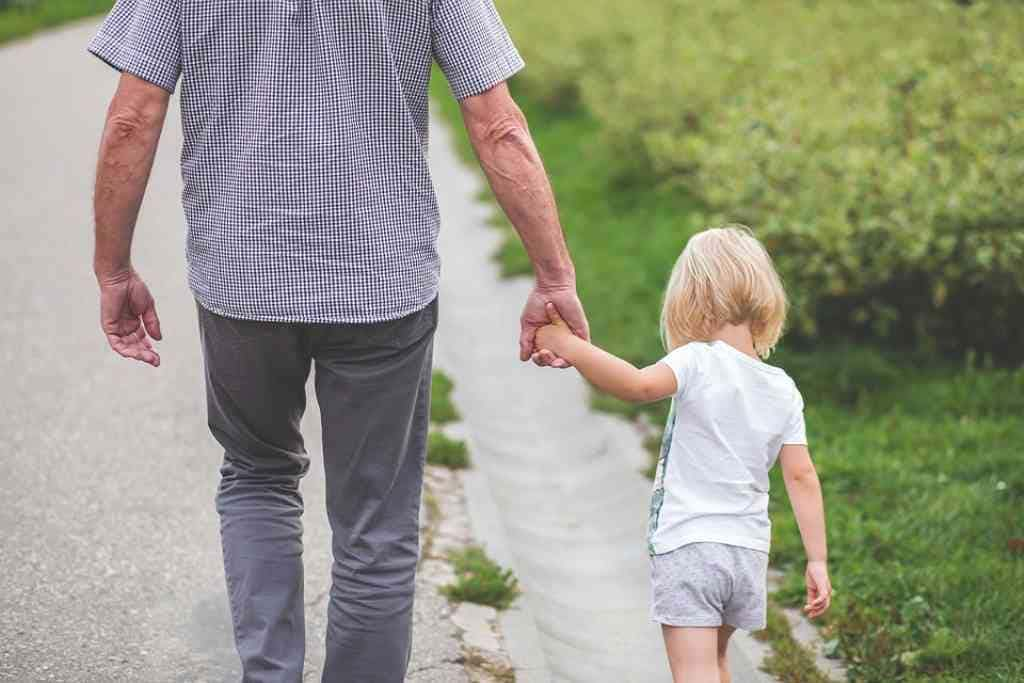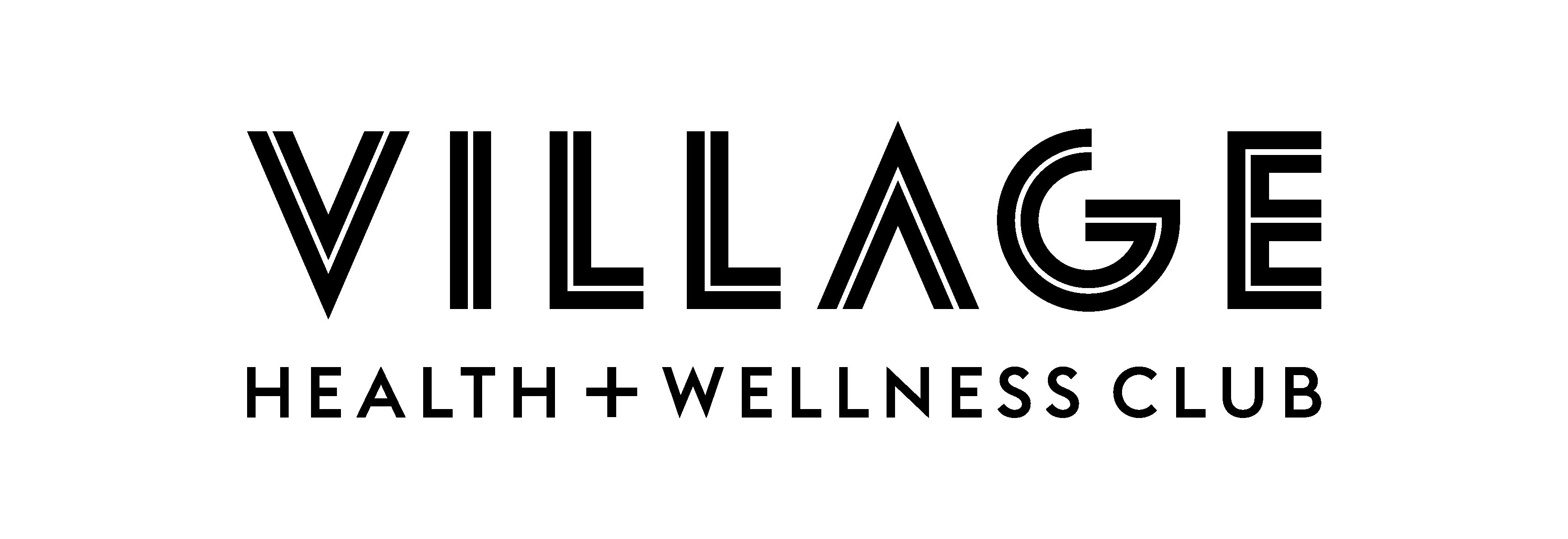The perceived wisdom is that “you can’t teach an old dog new tricks”. But this statement is not true for dogs, and it certainly isn’t true for humans.
There are many misconceptions about ageing, metabolism, and the ability to build and maintain muscle. The idea is that you should "grow old gracefully" and accept the inevitable.
Well, screw that! Not only is that belief fundamentally wrong, but it feeds into a self-fulfilling prophecy. Once you believe that you can’t do something, you are less likely to bother attempting it. In this case, you would end up losing muscle and seeing your metabolism slow down. Thus, proving the (previously incorrect) belief.
Let's examine how to reverse the ageing process by establishing a brand new exercise habit.
Ready to transform your life? Whether you're looking for a new pair of running shoes or some shiny home gym equipment, you can find everything you need to fuel your fitness journey with our partner brands.
What is an exercise habit?
Every day you brush your teeth, have a shower, have breakfast, and get dressed. You don't think about this; it is part of your routine. There may be days where you don't manage every single one of these tasks, but for the most part, you do these things without a second’s thought.
That's a habit; something that you factor into your daily activities without thinking about it. Habits work well because it doesn’t feel like extra effort.
That’s why establishing new habits is so important. Adding a multivitamin to your morning routine could help you to reduce the risk of nutritional deficiencies. Learning French for 10 minutes every day could help you to order breakfast on your next trip across the channel.
Adding an exercise habit to your daily routine could help you to:
- Live longer
- Avoid injury
- Strengthen your bones
- Build and maintain more muscle mass
- Reduce body fat
- Have improved cognition and mood
As you can see, there are many benefits to establishing an exercise habit. The difficulty, as ever, is turning a new task into a habit.
How long does it take to make exercise a habit?
Ask that question on Google, and you will get 50 different answers, but the most common response is 21 days.
However, this article by Maria Popova looked at what the science says, and (perhaps unsurprisingly) found that the answer varies depending on who the person is, and what habit they are trying to form.
The average appears to be around 66 days, which seems more realistic than just 21. But this depends on what habit you are trying to form.
You'll know when a habit has formed when you no longer think about the task. You perform it almost automatically.
What exercise habit should I start with?
As we’ve learned, the more ambitious the goal, the longer it takes to become a habit. Go too intense, and you may find that your new task never becomes a habit.
That means that you should choose a smaller, more easily manageable task. Get a win under your belt and then progress to a more challenging task. Because once you’ve established your first habit, the process can become easier to repeat.
Here is a list of some exercise habits that you should consider:
- Walk 6,000 steps per day for 30 days
- Attend the gym 12 times in for weeks
- Perform 5-10 push-ups per day for 30 days
- Go swimming after breakfast twice per week for four weeks
Notice how we don't describe these as habits. You're not saying, "walk 6,000 steps per day for the rest of your life," just for 30 days.
At the end of those 30 days, you can extend the task for an additional 30 days, adding an extra 1,000 steps if it was too easy, or removing 1,000 steps if you found it too hard.
You could actually make that goal better, by removing the step target, and instead writing: Take a 40-minute walk twice per day for 30 days.
How to start an exercise habit at an older age
“This is all well and good” you’re probably saying, “but what about older people?”. Well, what about older people? Age doesn’t really come into this much.
If anything, it can be an advantage. If you are retired, you have much more time on your hands than younger people who are juggling full-time employment and young children.
You have more disposable income, so you can invest in services that can improve adherence. Struggling to go to the gym on your own? Hire a personal trainer. This way, you have a financial and social responsibility to turn up for your sessions.
Want to walk more? You can walk during the sunniest parts of the day, and you might have the money to invest in top of the range walking shoes and get yourself a step-counting device such as a FitBit.
Sure, not everyone who is retired has tonnes of disposable cash. But the real benefit is time, as mentioned above. Not having to conform to the 9-5 schedule can make most of these tasks infinitely easier.
What to do now?
Set yourself a goal that reflects your desire, ability, and needs. Make it quite simple to manage, as the real goal of this is to establish a habit.
If you go too difficult, you may fail, which may prevent you from trying again. You may be surprised how effective even the humblest of tasks can be when they become established habits.
Don't set too long a timeline on it either. Open-ended goals are much harder to follow than goals that have a deadline.
That doesn't mean that you will or should stop at the deadline, though. You're going to reflect on the previous 30 days (or whatever timeline you chose) and set a new goal for that task/habit.
If you’ve found the whole process easy, consider adding a second habit to your schedule and continue to build on these habits over the year. This will help improve your health and fitness without subjecting you to the stress and disappointment that would occur if you tried to attempt everything at once and failed.
If you’re experiencing pain or exhibiting other symptoms during or after exercise, you should stop what you’re doing and seek medical attention.
With Scan.com, you can take action quickly and put your mind at ease.
Choose from 10 scan types at over 250 clinics nationwide and get the answers you need so you can continue looking after your health.
Visit Scan.com now to learn how it works and book your scan.









